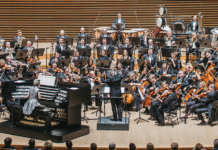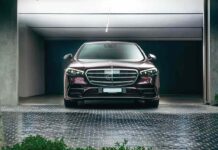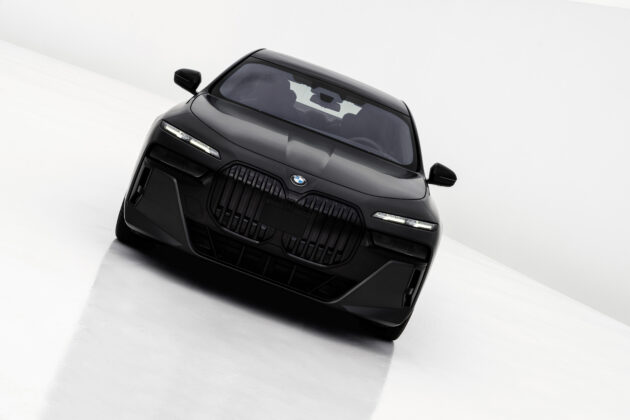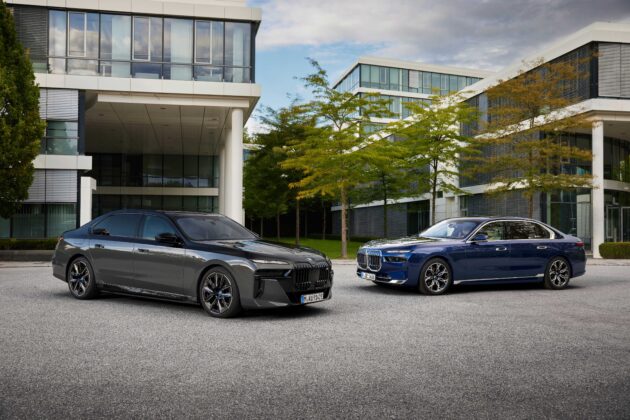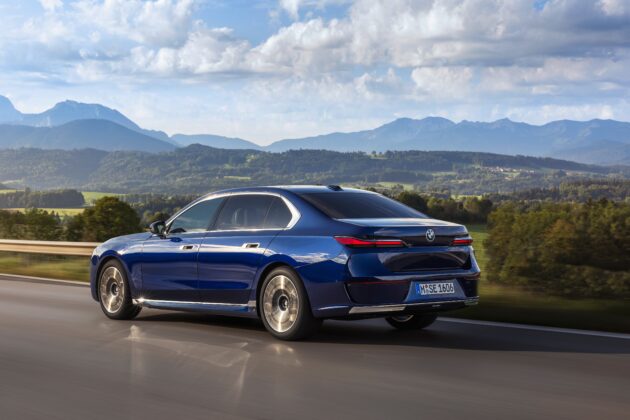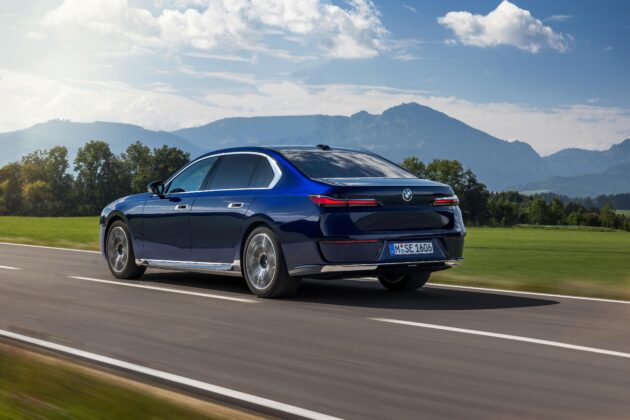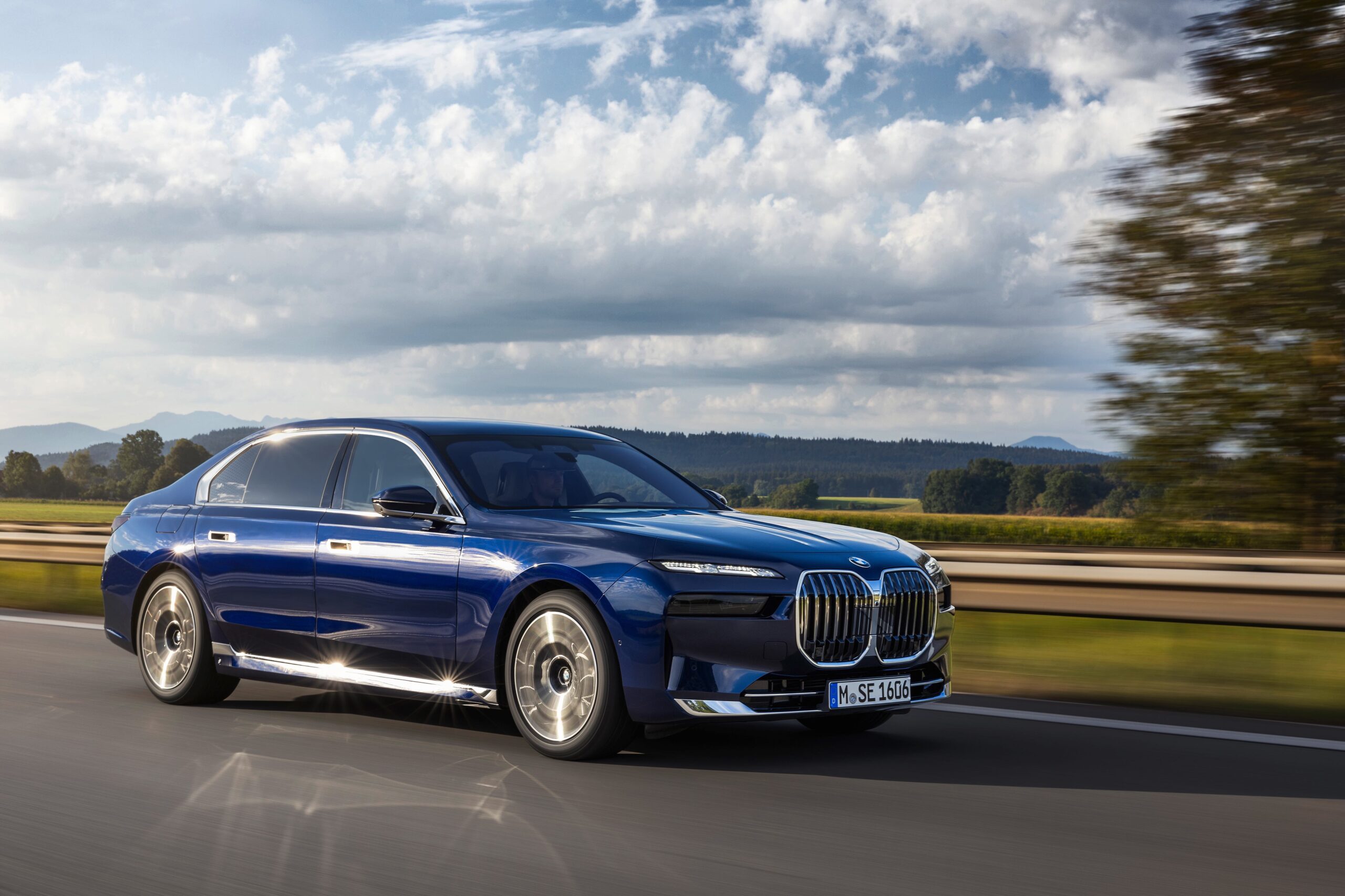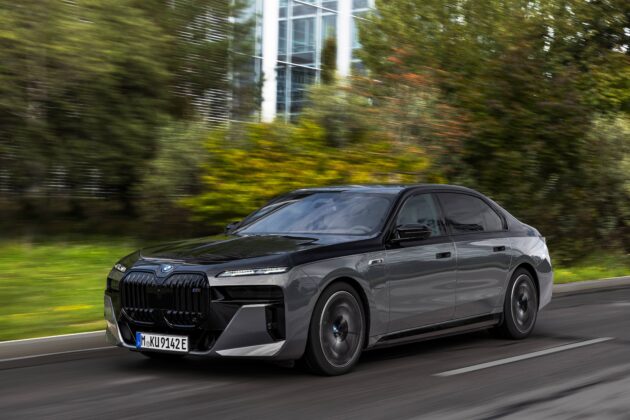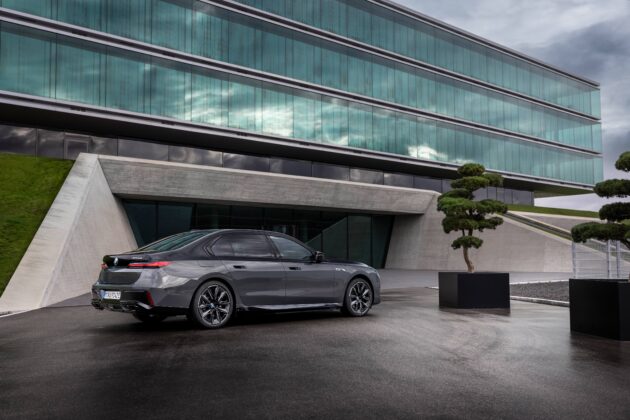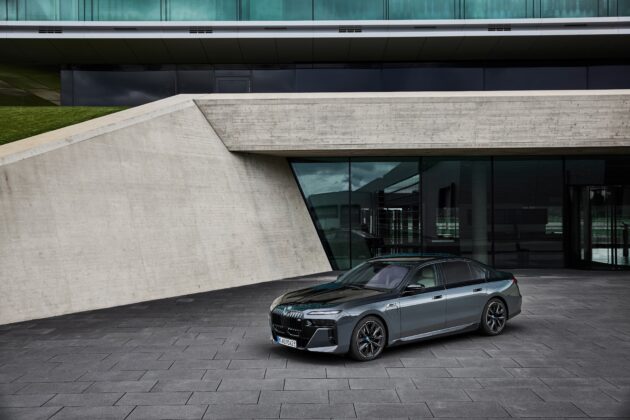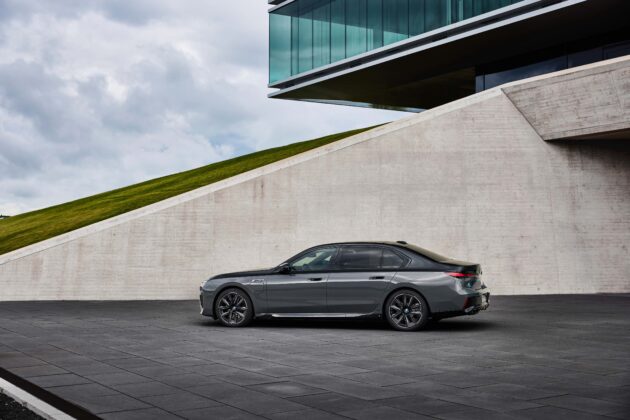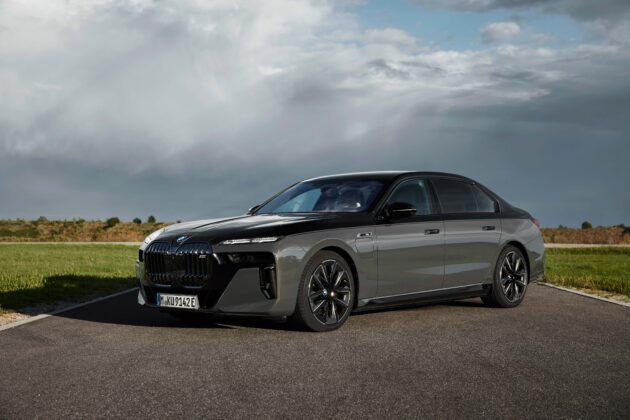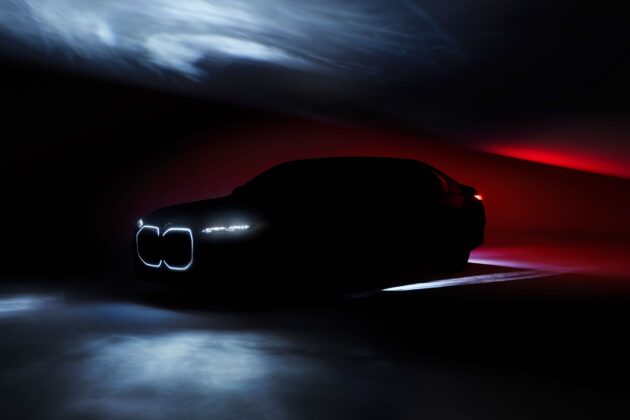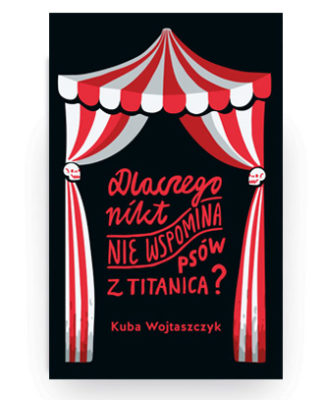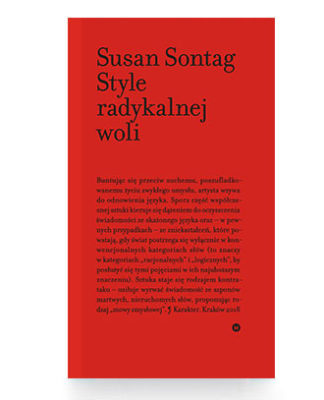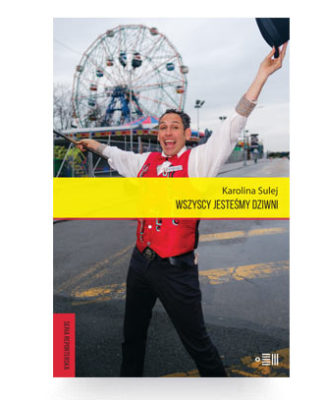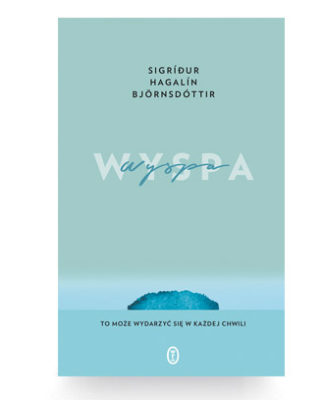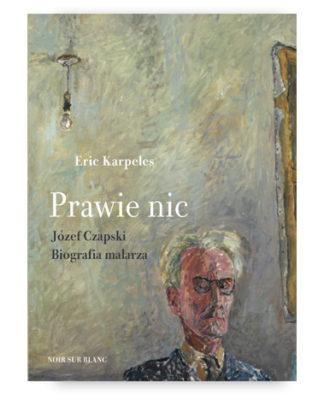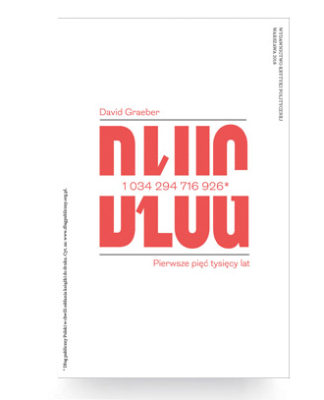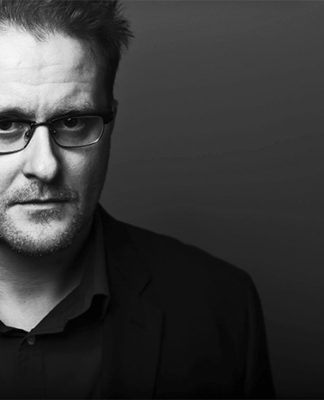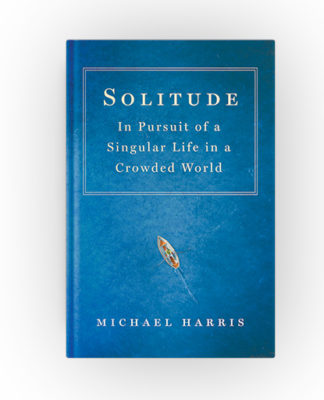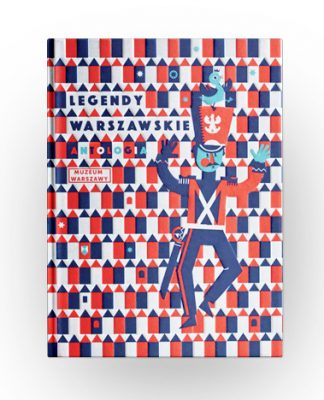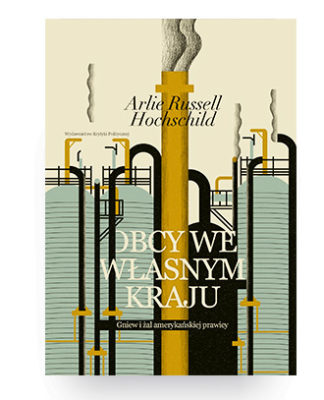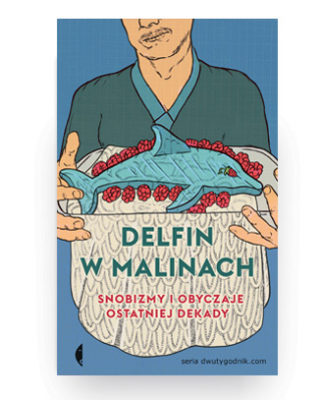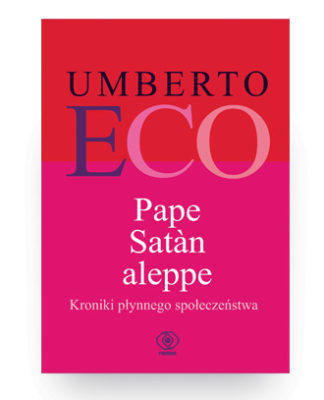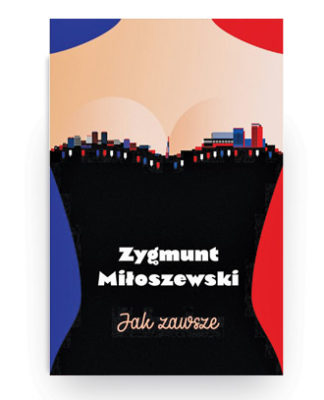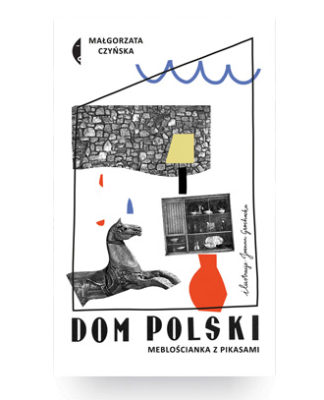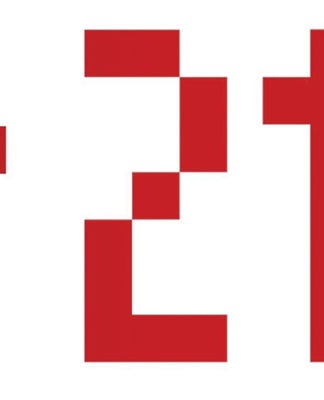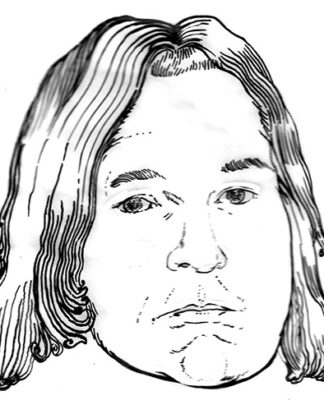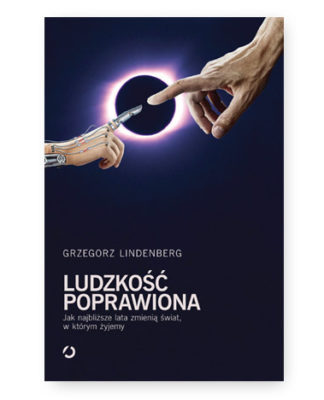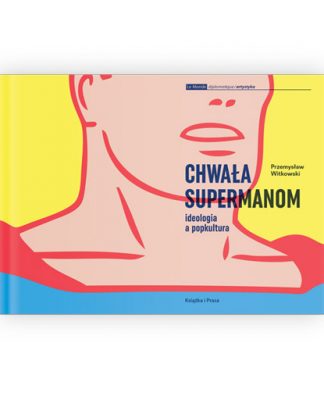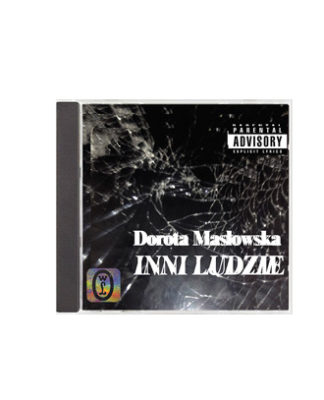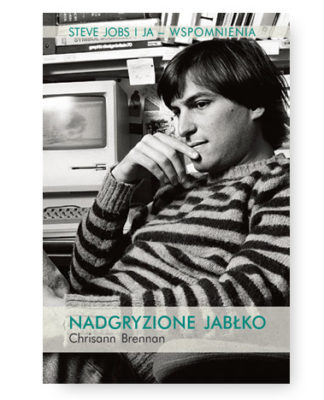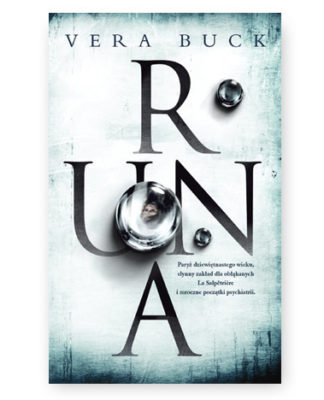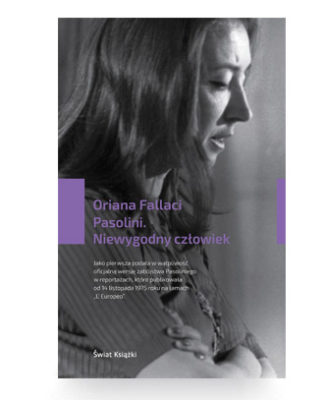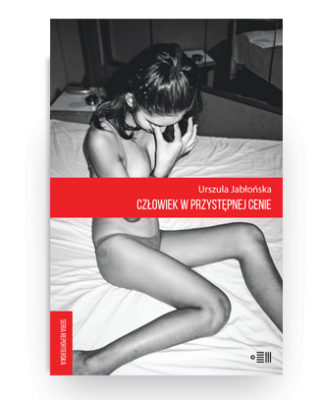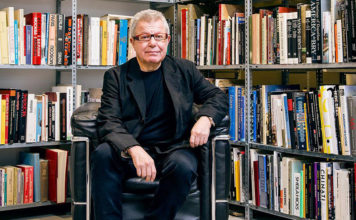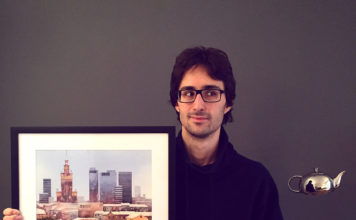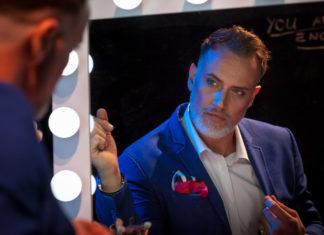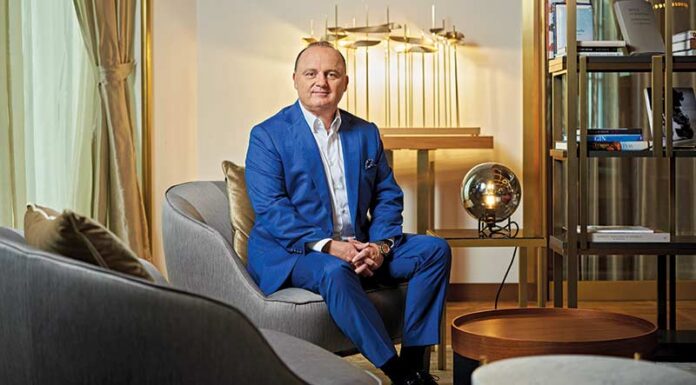
These days, the automotive industry seems to be the topic on everybody’s lips, and the BMW group even more so. The 50th anniversary of the BMW M, electrification across a range of models, and the revolutionary, new, seventh generation of its flagship 7 series are just some of the reasons. What’s more, it’s the leader on the Polish premium brand market, with a commitment to support local arts and culture. We ask Christian Haririan, Managing Director of BMW Group Poland, what more one could possibly hope to achieve in such challenging times.
Wysłuchał: Tomek Kacprzak
Photos: Michał Zagórny
🇵🇱 Wszystkie tonacje BMW
Last year we welcomed the seventh generation of the flagship 7 series. This is one of the most important in the history of the brand. Is it also your favourite?
Personally, I think we have a lot of great cars and which one is the favourite depends on the specific needs of the driver in question. For our Polish clients – businessmen with families, who frequently travel around the country – the new 7 Series is an excellent choice. It’s an impressive car. From the outset, we’ve offered it in three drive variants: for the first time in history, a fully electric i7, i.e. an ultra-modern limousine with a solid range of approximately 600 kilometers; diesel, which is still popular in Poland; and a plug-in hybrid version. Same car, same chassis, but with three different drivelines to choose from.
Is it true that the current seventh generation of the 7 series is the fifth in a row that you are introducing to the market?
On average, one new series model arrives every seven years. I have been working for the BMW Group for 31 years, so yes, it would seem that this is the fifth generation of the 7 series for me.
I would like to go back to the history of the 7 series, to Chris Bangle’s design in 2001 (model E65). For many, it was a stylistic revolution, as is the case with the latest incarnation, which shows that BMW wasn’t afraid of bold changes to exterior styling, and remains unafraid today, even in the more conservative luxury limousine segment.
That’s right. Although at the time of the launch, the series 7 at the time seemed too avant-garde, at least for the European market. The fourth generation of the BMW 7 from 2001 was also the first-ever model (not only the first BMW) to launch an innovative solution for managing vehicle settings in the form of the iDrive system. Up until then, a luxury fit-out meant a huge number of buttons to control individual functions. Under the leadership of Chris Bangle, BMW designers provided that this could be handled differently, in a more driver-friendly way. Today we can see that such a solution has been implemented in almost every car by all manufacturers, and the eighth version of the iDrive is making its debut in the latest BMW 7 series.
In the fourth generation, BMW offered customers two chassis lengths for the first time within the same model, i.e. the standard version (E65) and the extended version (E66). At that time, I was launching the 7 Series on the Asian markets (including Singapore and Taiwan) where only the extended version was available and local customers fell in love with its chassis. To this day, the longer versions are the most popular on these markets, and considered the most representational.
It is worth noting that the newly launched 7 Series is offered worldwide in one length and in the long wheelbase variant. Therefore, anyone who buys one can enjoy the same feeling of luxury.
Despite the expansion of the range of drives, the highly sought-after V12 engine is disappearing from the European metropolitan offer. For many fans of the 7 series, that was the optimal engine for this car. With its extraordinary power (over 600 HP) it was a masterpiece of engineering, wherein lay the great BMW legacy of constructing reliable and high-power engines. What will take its place?
i7 M70 – an even more powerful, ultra-modern and first-ever fully electric BMW 7 Series. Very few drivers have had the opportunity to drive the fully electric version of such a powerful car, so their concerns may be due to inexperience. In fact, the sensation and satisfaction derived from driving the i7 are even greater than with even the most powerful version of the combustion engine. It boasts unprecedented acceleration, silence, power, suspension and handling, all of which constitute our brand’s DNA – the joy of driving. I am convinced that our customers will find these features in the most powerful and technologically advanced electric or electrified drives of the top BMW cars.
During the campaigns introducing previous editions of the 7 Series, BMW used the unusual phrase that these limousines were the world’s smallest concert halls on wheels. Can the same be said of this new incarnation?
This, of course, is due to the Bowers & Wilkins hi-fi systems, which were designed specifically for the 7 series. In its latest incarnation, it is a concert hall and theatre, all in one. For the first time ever, the BMW 7 offers passengers sitting in the rear a panoramic cinema screen that can be conveniently and comfortably used for displaying multimedia, teleconferences or remote meetings. On those longer journeys, the kids will stay entertained, thanks to a wide range of movies and other online content that can be enjoyed in the highest quality. Some Polish customers have even told me they are so impressed by the luxury and design in the rear, they’d rather sit in the rear and get a driver!

One of the design accents that characterizes the new BMW 7 is – in addition to the bold exterior design – the two-tone chassis, combining highly original colors such as black and grey. So far, Rolls-Royce models (BMW Group’s super-luxury brand) have appeared in this colour scheme. Does this mean that the new 7 Series is being positioned closer to the Rolls-Royce?
I believe that the sophisticated style (including the colours of the chassis), comfort and advanced technologies offered by the new 7 series expand the definition of luxury in the automotive industry. All BMW Group brands specialize in exploring new ground in this regard, but each one does it in a slightly different way, which is determined mainly by the price of any given car. I think the price points of the BMW and Rolls-Royce offerings are wide enough apart to avoid market concern that they’re getting too close to one another.
Today, BMW’s offer is the broadest it’s ever been. We have eight series, and within them there are separate lines (such as SAV and SAC under the X brand, or those imported from the M line). Moreover, within each there are combustion, hybrid and more and more electric versions. It’s hard to find a segment that is not covered by the BMW Group. Is this the basis of your success in Poland?
It is certainly a very important aspect and since I’ve been working at BMW Group Polska, I’ve attached great importance to it. For years, BMW has been a strong brand in the Polish luxury car segment. On the other hand, the results that we have recorded in recent years are the result of both the continuous increase in sales of our well-known, top series, as well as models such as the 1, X1 or X3 series. This is how young customers get their first taste of driving a BMW, but so far there haven’t been too many of them. A few years ago, when I started my career in Frankfurt, I worked in the sales department. Our strategy was that we wanted to acquire younger and younger customers, who were either beginning their automotive adventure, or coming across from other popular brands. At the same time, as their career grew, and with it their purchasing power, we tried to make them move up to a higher BMW model. In that way they grew with us, as so did our brand. To this day, I believe that this may be the best way of approaching the client. We do not focus only on luxury and well-to-do clients, who have been in business for several decades. Of course, you have to do it subtly and sensibly, without neglecting our luxury cars and customers. I’ve always said, you have to play all the keys on the piano, just like the great Polish composer Chopin. He certainly didn’t compose his brilliant pieces with just one hand.
Looking at the activities of the BMW Group in Poland, it could be said that an important aspect in brand communication is involvement in art and culture. Such noble exploits resonate with us, as they have always been our sphere of activity. We’ve enjoyed watching the development of the BMW Art Club series and the partnerships between BMW Group and Poland’s preeminent cultural institutions, including the Grand Theater, the National Opera and the National Polish Radio Symphony Orchestra in Katowice. It is our position that luxury also entails the time that can be devoted to art and culture, to an evening at the philharmonic or the theatre. Why is this important to the BMW Group?
It is a very important area, in which the noble exploits and passions of our customers align with our efforts to perpetuate the image of the BMW Group as a brand that is consciously committed to those things we consider universal, priceless and timeless. I know some wealthy people who not only don’t have time to pursue their passions, but often don’t have any. Therefore, culture should be supported and everyone should be encouraged to find time for it, despite the fast pace of life. Furthermore, high culture and art enable us to redefine our ideological approach to luxury.
So what is the BMW Group’s definition of luxury?
In addition to modern design, the latest technologies enabling the joy of driving, passion, culture, art and other intangible values, it is also lies in our stance on contemporary civilizational challenges, such as environmental issues and running a business that takes its social responsibility into account. All our European factories use solar, wind or hydropower, and more and more of the materials we use are recyclable.
So luxury and ecology become one in BMW cars?
We can show you how to do it. For example, instead of leather upholstery, we offer cashmere. In addition to its ecological benefits, it’s also practical, because it isn’t too hot in summer, or too cold in winter … and it is completely environmentally friendly. Our plastic components can also be recycled, and we don’t use any rare earth materials for the batteries in the new i7. This approach is not just appreciated but demanded by our growing customer base.
Many manufacturers are rushing to declare how quickly they will cease production of combustion cars. Everyone is bound by the EU resolution to end the registration of new combustion cars in the EU by 2035. What is the BMW Group’s position?
I would treat this resolution more as a declaration or recommendation. It is difficult to predict today what the future will look like in Germany or Poland. Circumstances could change dynamically. Certainly, in many countries we see the constant development of the infrastructure needed for the development of electromobility, which is connected with the increasing portion of electric models in the total sales of new cars. Of course, the rate at which this development is taking place varies from country to country, but we’re all heading down the same path.
How do you perceive your mission in Poland under these circumstances?
First of all, I want to improve our brand’s affordability to a broader range of customers. Additionally, BMW Group has an excellent and committed network of dealers throughout Poland, with whom I want to build a permanent presence in new business areas and enhance capillarity in local markets. I must express my admiration for the BMW Group dealers in Poland who worked towards our brand’s success even before I came here and are still investing in their businesses. They maintain the right balance between investing, earning and training their staff. Over the course of several years, several dozen new projects have been created, some of which are already operational and others that are about to get underway. Thanks to this, in a few years’ time, the entire BMW Group network in Poland will be even more extensive and advanced. This will allow us to consolidate our current growth and position as leader in the premium segment, and as a leading brand on the entire automotive market. (Ed: Last year BMW was ranked 6th out of all automotive brands in Poland in terms of sales volume.)
I have to stress; I have nothing but the highest admiration and respect for the Polish people and your great nation. I’m very impressed by what you have achieved in the last 30 years since the change in regime, and I think it deserves the highest praise. You really can be proud of what you have achieved.
Thank you so much for your kind words. Finally, I must put to you what we often ask at the end of our interviews. What is Christian Haririan’s signature dish?
I must say that grilling is my passion. When I grill, you can always count on a healthy portion of fish and plenty of fresh greens. |
Sea bass in citrus with a rocket salad
Ingredients:
4 seabass
5 oranges
1 lemon
5 tablespoons of olive oil
100 g arugula
3 tablespoons of capers
3 tablespoons of black olives
Preparation:
Make incisions in the skin of the washed and dried fish on both sides in 3 or 4 places. Steam it and dry the fruit. Grind the peel from the lemon and three oranges, adding 2 tablespoons of olive oil. Then marinade the fish. Cut the same oranges into slices, place them on the wire rack, and lightly grill them. Turn them over and place the fish on top, grilling it for a few minutes on each side. Grill for a few minutes on each side. Mix the rocket with the capers and chopped olives, filleting the remaining oranges and adding them to the salad. Squeeze the juice from the leftovers and mix with 3 tablespoons of olive oil, before drizzling over the salad.









